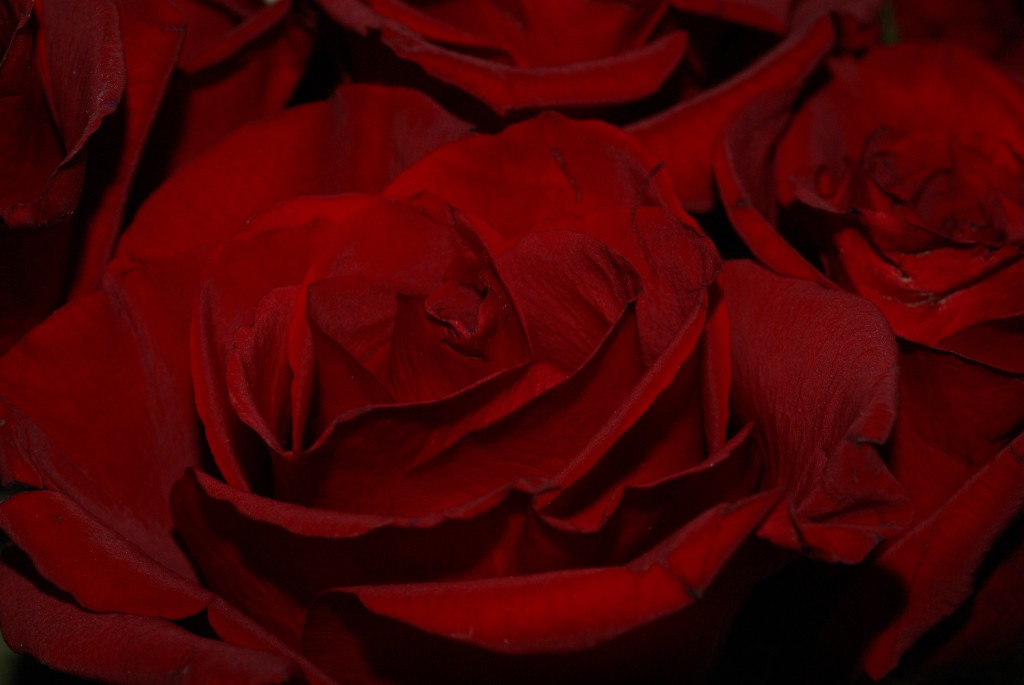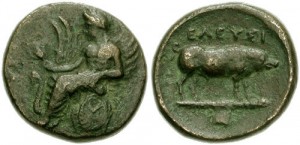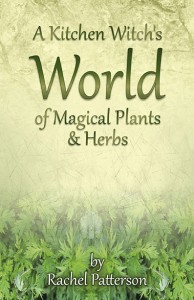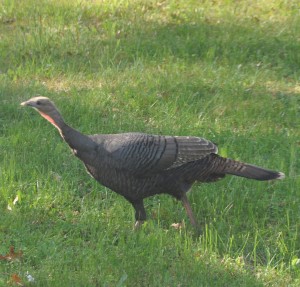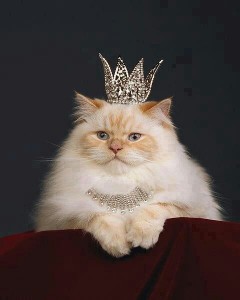 As Pagans our spirituality suffers not only from the alienation from nature that is the bane of modern life, but from the class structures we struggle under. This can be seen in the way we think about and address our deities.Often when we address a nature deity which does not have a specific name, we refer to that deity as a mother, deva, goddess, or queen. For example, Hedgehog Goddess, Hedgehog Mother, Hedgehog Deva, or Hedgehog Queen. Where an animal deity is addressed by name, the name is usually the word for that animal in some non-English language, such as Arachne, which is Greek for spider, or Epona, which is a continental Celtic word for horse. Deva is borrowed from Sanskrit and is a masculine noun in that language. Mother, goddess, and queen are clearly feminine nouns and also carry the connotation of rank, privilege, or power-over.The word queen is derived from another word that means woman, which makes this word in English different from most other languages, where the word for feminine ruler is derived from a word meaning king. The word queen referring to a feminine male homosexual probably derives from the older English association with woman. The Arcade Dictionary of Word Origins says:
As Pagans our spirituality suffers not only from the alienation from nature that is the bane of modern life, but from the class structures we struggle under. This can be seen in the way we think about and address our deities.Often when we address a nature deity which does not have a specific name, we refer to that deity as a mother, deva, goddess, or queen. For example, Hedgehog Goddess, Hedgehog Mother, Hedgehog Deva, or Hedgehog Queen. Where an animal deity is addressed by name, the name is usually the word for that animal in some non-English language, such as Arachne, which is Greek for spider, or Epona, which is a continental Celtic word for horse. Deva is borrowed from Sanskrit and is a masculine noun in that language. Mother, goddess, and queen are clearly feminine nouns and also carry the connotation of rank, privilege, or power-over.The word queen is derived from another word that means woman, which makes this word in English different from most other languages, where the word for feminine ruler is derived from a word meaning king. The word queen referring to a feminine male homosexual probably derives from the older English association with woman. The Arcade Dictionary of Word Origins says:
Queen goes back ultimately to prehistoric Indo-European *gwen- ‘woman,’ source also of Greek gune ‘woman’ (from which English gets gynecology), Persian zan ‘woman’ (from which English gets zenana ‘harem’), Swedish kvinna ‘woman,’ and the now obsolete English quean ‘woman.’ In its very earliest use in Old English queen (or cwen, as it then was) was used for a ‘wife,’ but not just any wife: it denoted the wife of a man of particular distinction, and usually a king. It was not long before it became institutionalized as ‘king’s wife,’ and hence ‘woman ruling in her own right.’
The idea of Hedgehog Queen harkening back to the idea of a Hedgehog Woman reminds me of referents to spiritual or mythological beings in Native American cosmologies. I’m thinking of White Shell Woman or Changing Woman or Thunder Boy Twins. Frequently in Native American spirituality, prayers to animal deities are addressed simply to “Wolf,” “Eagle,” or “Deer.” I’m not saying Pagans should emulate this practice. Probably for anyone whose primary language is English these Native spiritual beings become processed in the brain under rubrics of “goddess,” “ruler,” or “demon” despite the democratic phraseology. It cannot be otherwise, because language reflects cultural understanding. Any animal by common name has the taint of exploitation. “Woman” carries with it connotations of inferiority and weakness, whatever our intentions and aspirations for the word. “Boy” carries with it the idea of subjugation to the man. Even the word “man” has a link with the concept of commoner or vassal, as in “my man George” or “the King’s men.”When we refer to our nature deity as “Butterfly Queen” we get around negative connotations and associations with the profane, and so to a great extent this works. It also unavoidably separates us from the deities. They are on one level; we are on another. This conundrum illustrates how it is not just patriarchal denigration of nature that has distanced us from spiritual sources, but patriarchal class structures, patriarchal authoritarian family structures, and – especially – patriarchal conceptions of women. Spiritual connection at a societal, as opposed to individual, level will require the dismantling of class structures, humane treatment of animals, recognition of children as persons with basic rights, and the liberation of women.SourcesAyto, John. Arcade Dictionary of Word Origins. New York: Arcade Publishing, 1990.Online Etymology Dictionary http://www.etymonline.com/index.php?term=queen (accessed 8/12/2014).
